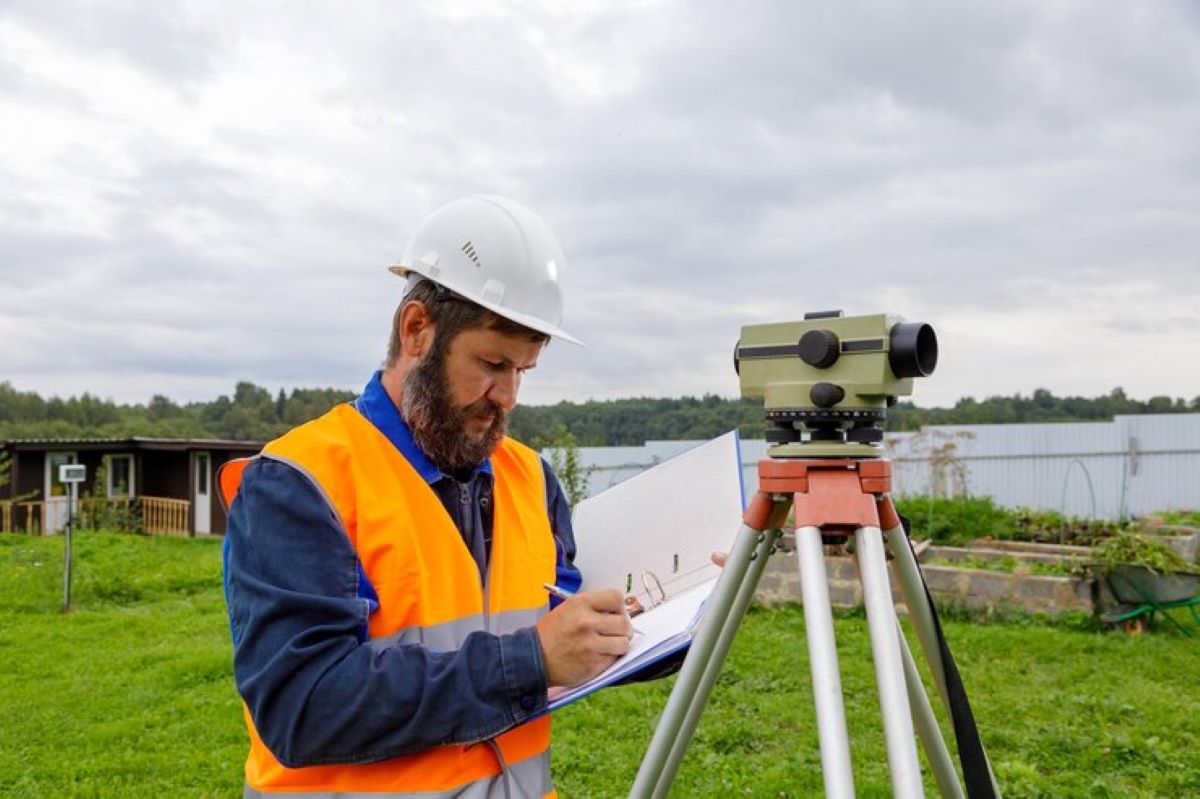In the realm of property transactions, clarity and precision are paramount. Whether buying, selling, or developing land, understanding the exact dimensions and boundaries of a property is crucial. A land survey serves as an essential tool in this process, providing detailed insights that can significantly simplify property transactions. By offering a comprehensive analysis of a property’s boundaries, topography, and existing structures, a land survey ensures that all parties involved have a clear understanding of what is at stake.
The Importance of Land Surveys in Property Transactions
Land surveys play a pivotal role in property transactions by eliminating ambiguities related to property boundaries. They provide a precise measurement of the land, which is essential for determining the exact location of property lines. This information is crucial for avoiding disputes with neighbours and ensuring that the buyer is fully aware of what they are purchasing.
Moreover, land surveys are indispensable when it comes to legal documentation. They provide the necessary details required for drafting deeds and other legal documents, ensuring that all descriptions of the property are accurate and legally binding. This accuracy is vital in preventing future legal disputes that could arise from incorrect or vague property descriptions.
Additionally, land surveys can uncover potential issues such as encroachments or easements that may affect the property’s value or intended use. Identifying these issues early in the transaction process allows for informed decision-making and negotiation, ultimately simplifying the transaction.
Types of Land Surveys and Their Applications
Boundary Surveys
Boundary surveys are perhaps the most common type of land survey conducted during property transactions. They focus on determining the exact boundaries of a property, which is critical for establishing ownership and resolving disputes. These surveys involve a detailed examination of historical records, physical markers, and measurements to accurately define the property’s limits.
Boundary surveys are particularly useful when purchasing or selling property, as they provide a clear understanding of the land’s extent. They are also essential for resolving disputes between neighbours over property lines, ensuring that each party understands their rights and responsibilities.
Topographic Surveys
Topographic surveys provide a detailed representation of the land’s physical features, including its elevation, contours, and existing structures. These surveys are invaluable for developers and architects, as they offer critical information needed for planning and designing construction projects. By understanding the land’s topography, developers can make informed decisions about site layout, drainage, and other essential aspects of construction.
For property buyers, a topographic survey can reveal potential challenges or advantages related to the land’s physical characteristics. This information can influence decisions about property use, development potential, and overall value.
ALTA/NSPS Land Title Surveys
ALTA/NSPS land title surveys are comprehensive surveys that meet specific standards set by the American Land Title Association and the National Society of Professional Surveyors. These surveys are typically required for commercial property transactions, as they provide a detailed assessment of the property’s boundaries, improvements, easements, and other critical factors.
These surveys are particularly beneficial for lenders and title companies, as they provide the detailed information needed to assess risk and ensure that the property is free from encroachments or other issues that could affect its value or marketability.

How Land Surveys Facilitate Smooth Transactions
Mitigating Legal Risks
One of the primary ways land surveys simplify property transactions is by mitigating legal risks. By providing an accurate depiction of the property’s boundaries and features, surveys help prevent disputes that could lead to costly litigation. This accuracy is crucial for both buyers and sellers, as it ensures that all parties have a clear understanding of the property’s legal status.
Furthermore, land surveys can identify potential legal issues such as easements or encroachments that may affect the property’s use or value. By addressing these issues early in the transaction process, parties can negotiate solutions or make informed decisions about proceeding with the transaction.
Enhancing Buyer Confidence
For buyers, a land survey provides peace of mind by confirming that the property matches its description and that there are no hidden issues that could affect its value or use. This assurance is particularly important for first-time buyers or those unfamiliar with the intricacies of property transactions.
By providing a clear and accurate picture of the property, land surveys enhance buyer confidence and facilitate smoother negotiations. Buyers can proceed with the transaction knowing that they have a comprehensive understanding of what they are purchasing.
See Also : What a Registered Surveyor Brings to Your Building Project
Streamlining the Closing Process
Land surveys can also streamline the closing process by ensuring that all necessary documentation is accurate and complete. By providing detailed information about the property’s boundaries and features, surveys help prevent delays caused by discrepancies or missing information.
This efficiency is beneficial for all parties involved, as it allows for a quicker and more straightforward closing process. By reducing the potential for last-minute issues or disputes, land surveys contribute to a smoother and more efficient transaction.

Choosing the Right Surveyor
Selecting a qualified and experienced surveyor is crucial for ensuring the accuracy and reliability of a land survey. When choosing a surveyor, it is essential to consider their credentials, experience, and reputation within the industry. A reputable surveyor will have the necessary qualifications and expertise to conduct a thorough and accurate survey, providing the information needed to facilitate a smooth transaction.
Additionally, it is important to communicate clearly with the surveyor about the specific requirements and objectives of the survey. By providing detailed information about the property and the transaction, parties can ensure that the surveyor has a clear understanding of what is needed and can tailor the survey accordingly.
Conclusion
In the complex world of property transactions, a land survey serves as an invaluable tool for ensuring clarity, accuracy, and peace of mind. By providing detailed insights into a property’s boundaries, topography, and existing structures, land surveys simplify the transaction process and mitigate potential risks. Whether buying, selling, or developing property, investing in a professional land survey is a wise decision that can save time, money, and stress in the long run.

